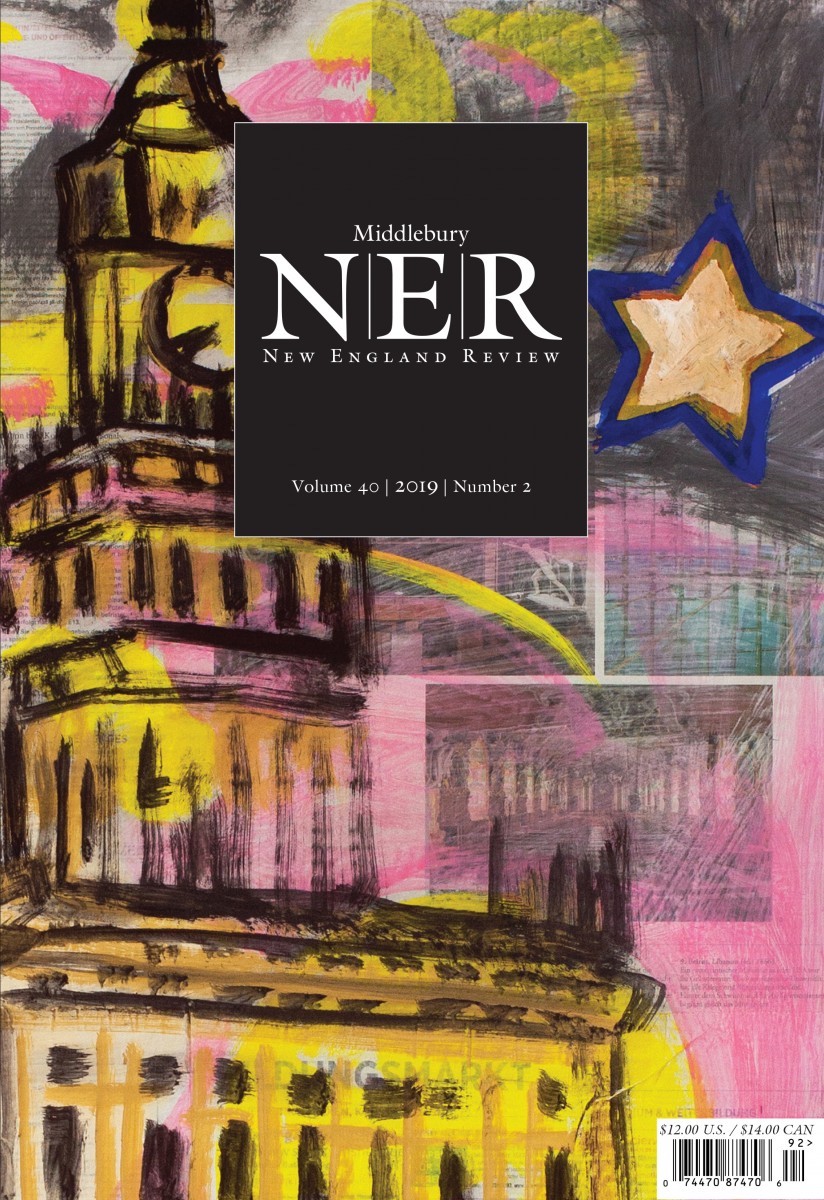From the other side of silence ceaselessly pass:dogs, willows, sudden orchards, moths white or gray(they fill the void that sometimes lacks a mouseto seal earth’s gaping rift in any way),abysses strangled by a green rebirth,and girls who in their eyes bear heaven’s weight,and silver clouds that mount above the earth,the faith that this, precisely this, is fate, is fate,and prayers for greater longing, and the coldfog from beyond the grave, bad spring times, badgods, and timeless lilacs, moths black or goldand you, who write these words, and grow so sad . . .
Moths
Bolesław Leśmian
Translated from the Polish by Jakob Ziguras
Feature Date
- October 3, 2019
Series
- Translation
Selected By
Share This Poem
Print This Poem
Copyright © 2019 translation by Jakob Ziguras
All rights reserved.
Reproduced by Poetry Daily with permission.
Bolesław Leśmian (1877–1937) was born in Warsaw, but spent his childhood and youth in Kiev, where he studied philology and law. Initially unappreciated, he is now widely seen as one of Poland’s greatest poets. His famously “untranslatable” poetry is characterized by a coherent artistic and philosophical worldview—which draws both on folk traditions and philosophy, in particular Bergson—an emphasis on constant becoming, and by his unmistakable style, marked in particular by his prodigious gift for creating striking neologisms to express that vision.

Jakob Ziguras was born in Wrocław, Poland, in 1977. His family emigrated to Australia in 1984. His debut collection, Chains of Snow (Pitt Street Poetry, 2013), was shortlisted for the 2014 Prime Minister’s Literary Award. His second collection, The Sepia Carousel, was published in 2016. He has translated Jan Kott’s Kaddish: Pages for Tadeusz Kantor (Seagull Press, 2019) and Marcin Kurek’s book-length poem Oleander (winner, in 2010, of the prestigious Kościelski Award). He is currently living in Poland, working on his third poetry collection, Venetian Mirrors, and translating various Polish poets.

Volume 40, Number 2
Middlebury, Vermont
Middlebury College
Editor
Carolyn Kuebler
Managing Editor
Leslie Sainz
Poetry Editor
Jennifer Chang
By publishing new fiction, poetry, and nonfiction that is both challenging and inviting, New England Review encourages artistic exchange and thought-provoking innovation, providing publishing opportunities for writers at all stages in their careers. The selection of writings in each issue presents a broad spectrum of viewpoints and genres, including traditional and experimental fiction, long and short poems, translations, criticism, letters from abroad, reviews in arts and literature, and rediscoveries. New England Review exists in a place apart from mass culture, where speed and information overload are the norm. At NER, serious writing is given serious attention, from the painstaking selection process through careful editing and publication, where finally the writer’s words meet up with a curious and dedicated readership.
Poetry Daily Depends on You
With your support, we make reading the best contemporary poetry a treasured daily experience. Consider a contribution today.



